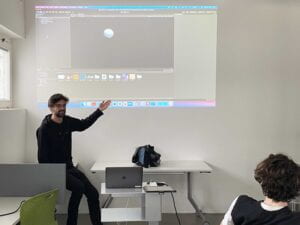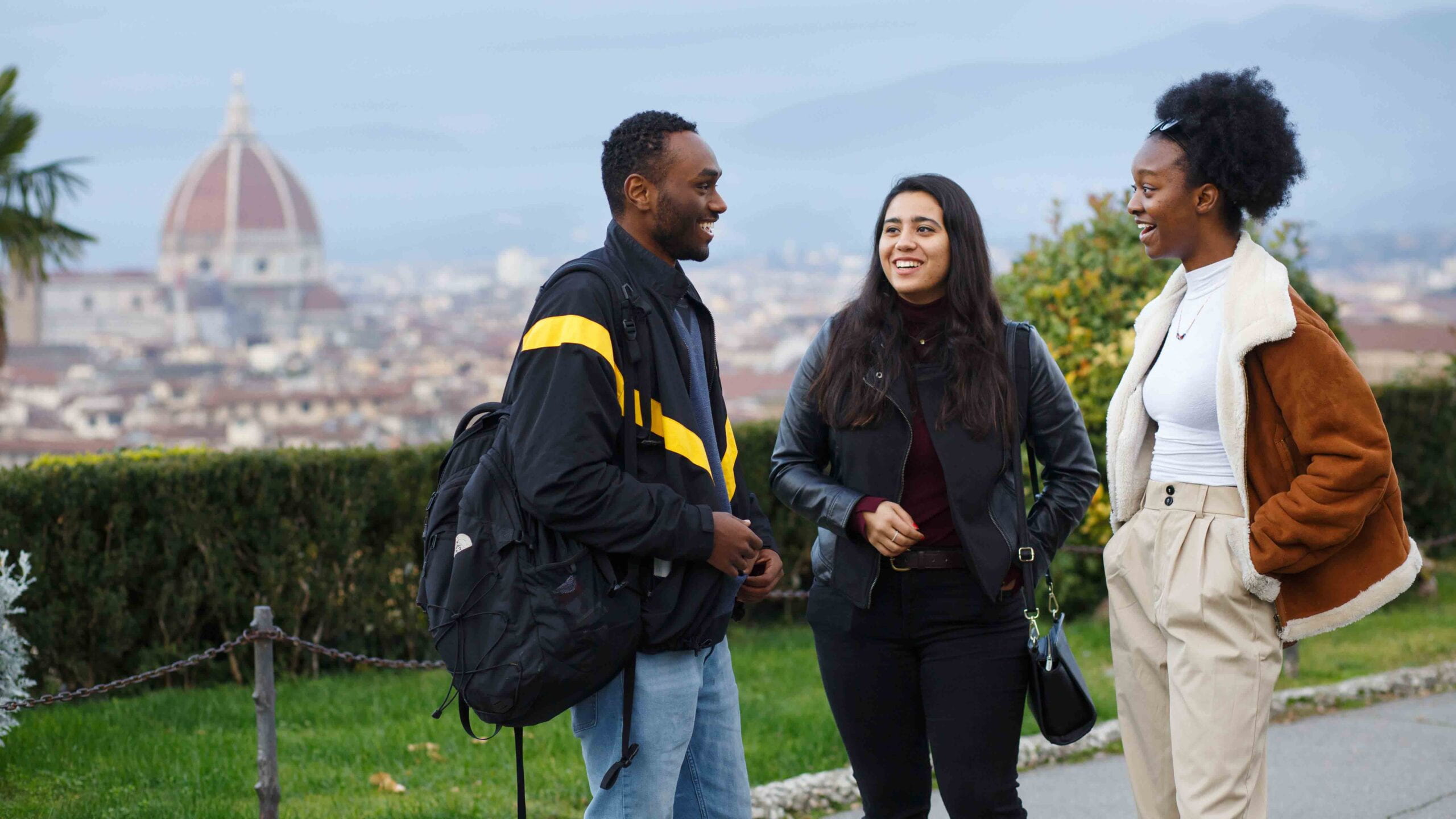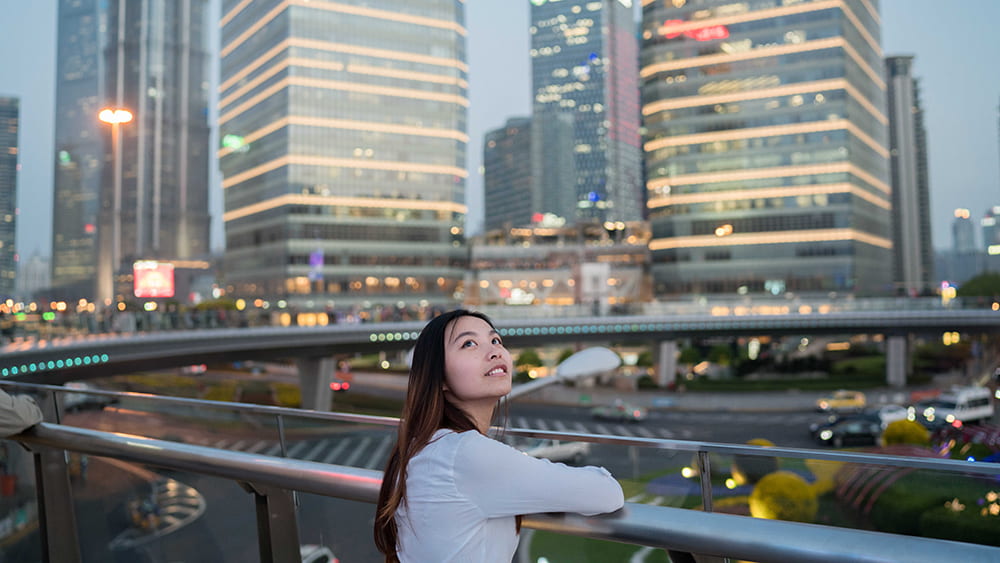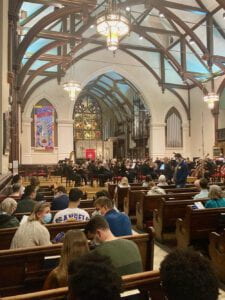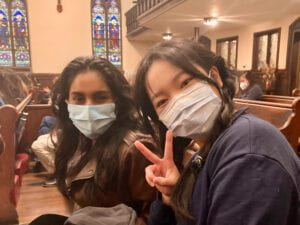Combining his background as an educator, artist, and programmer, instructor Pierre Depaz’s NYU Berlin course Augmenting the Gallery makes use of his research on simulation and public organization through technological means to explore the overlap of the digital and the physical in museums.
“We use augmented reality technology to reveal some of the invisible knowledge threads that weave through a museum’s exhibitions, spaces, and publics,” says Depaz. “This allows us to look critically both at a new technology that pervades our devices and centuries-old institutions, sometimes in need of an update.”
Augmenting the Gallery offers students both a theoretical framework for understanding the museum space and the practical application and experience using new technologies like Unity (a game engine used to develop games and simulations) and prototyping tools like Figma and Adobe XD. Ultimately, students learn how to create relevant mobile content within a given exhibition through prototyping, iteration, and integration. More importantly, they are able to evaluate the advantages and disadvantages of augmenting technologies within cultural spaces and sensitively implement them using their acquired knowledge. Accessibility is a key theme in the course as students grapple with the question: How much does digital media provide access to knowledge and to whom?
“Berlin is particularly great in terms of the layers of history that are rendered visible across the city. From Prussian empires to refugee waves through the Holocaust and the Cold War, there’s many ways you can look at a particular place and many different stories told by each of these places,” says Depaz. “Additionally, the creative tech scene also exposes the students to cutting-edge new media art and exhibitions.”
Making extensive use of museums and galleries in Berlin, Augmenting the Gallery is a great academic example of how NYU’s global network enhances the student experience. Working closely with these institutions, students gain practical skills they can leverage with future employers while learning that “designing augmented reality is a lot more complex than what commercials promise,” says Depaz. Students also learn “how complex the job of a museum is if they want to uphold their mission.”
By learning to design and deliver immersive experiences that breathe new life into displays, using technology to challenge the more complicated and problematic aspects of exhibitions, and making the hallowed museum space accessible to the widest swath of people possible, students develop the skills they need to help uphold a museum’s mission and break barriers in Berlin and beyond.
Want a taste of Augmenting the Gallery?
Depaz recommends checking out what the Museum für Naturkunde in Berlin did with an augmented sound walk of their bird collection. He also cites “The Ignorant Art Museum: Beyond Meaning Making” by Emilie Sitzia as one of the course’s most popular readings. “It’s an article on how museums can help foster knowledge and provide agency back to their audience without keeping the posture of an elite ivory tower, sometimes facilitated by the use of digital technologies,” he says. “The class about how museums engage in education and, more broadly, what is good education is very fruitful—students always report their best learning experiences happening outside of museums (or outside of university, for that matter!).”
Written by Kristin Maffei
